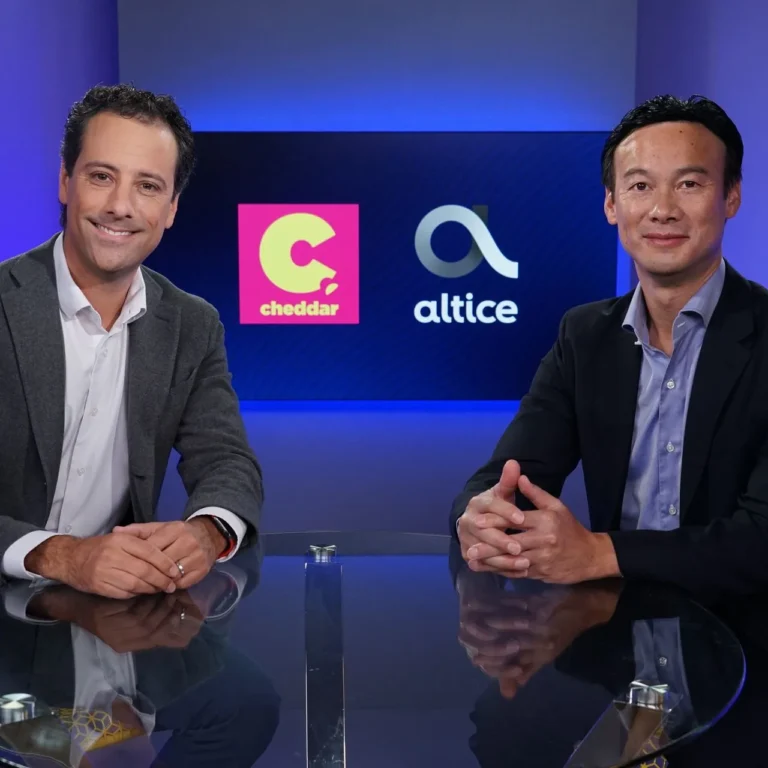Introduction : AI for Digital Marketing
AI for Digital Marketing: In the rapidly evolving landscape of digital marketing, the role of artificial intelligence (AI) has become increasingly prominent. From personalized advertising to data analysis, AI-powered tools offer businesses powerful capabilities to optimize their marketing strategies. However, the widespread adoption of AI also raises questions about its impact on the industry as a whole. In this article, we delve into the nuances of AI in digital marketing, exploring its potential to level the playing field or exacerbate existing disparities.
Table of Contents
Understanding AI in Digital Marketing
Enhanced Personalization
AI enables marketers to deliver highly targeted and personalized content to their audiences based on individual preferences, behaviors, and demographics. By leveraging machine learning algorithms, businesses can tailor their messaging and offers to resonate with specific segments of their target market, enhancing engagement and conversion rates.
Predictive Analytics
Another key application of AI in digital marketing is predictive analytics, which uses historical data and statistical algorithms to forecast future trends and consumer behavior. By analyzing patterns and identifying correlations, marketers can anticipate customer needs and preferences, enabling more proactive and data-driven decision-making.
The Impact of AI on Marketing Practices
Leveling the Playing Field
For small and midsize businesses (SMBs) with limited resources, AI offers a level playing field by providing access to advanced marketing tools and insights that were once exclusive to larger corporations. By automating repetitive tasks and streamlining processes, AI empowers SMBs to compete more effectively in the digital marketplace, driving growth and innovation.
Driving Inequality
However, the widespread adoption of AI in digital marketing also has the potential to widen existing inequalities. Larger corporations with greater financial resources can afford to invest heavily in AI technologies, gaining a competitive edge over smaller competitors. This concentration of power and resources may further marginalize smaller players and contribute to market consolidation.
Navigating the Future of AI in Digital Marketing
Embracing Innovation
To harness the potential of AI for digital marketing, businesses must embrace innovation and adapt to changing technologies. By investing in AI-powered tools and talent, companies can stay ahead of the curve and remain competitive in an increasingly digital and data-driven marketplace.
Ensuring Ethical Practices
As AI becomes more pervasive in digital marketing, it’s essential for businesses to prioritize ethical considerations and responsible use of data. This includes transparency in data collection and processing, safeguarding consumer privacy, and avoiding discriminatory practices in algorithmic decision-making.
Conclusion : AI for Digital Marketing
AI for Digital Marketing: AI has undoubtedly transformed the landscape of digital marketing, offering both opportunities and challenges for businesses of all sizes. By leveraging AI technologies responsibly and ethically, marketers can unlock new levels of efficiency, personalization, and insight, driving success in an increasingly competitive and dynamic environment.
FAQs : AI for Digital Marketing
- How can AI benefit small businesses in digital marketing?
- AI enables small businesses to compete more effectively by providing access to advanced marketing tools and insights that were once reserved for larger corporations. By automating tasks and optimizing processes, AI empowers SMBs to reach and engage their target audience more efficiently.
- What are some examples of AI applications in digital marketing?
- AI applications in digital marketing include personalized advertising, predictive analytics, chatbots for customer service, content optimization, and marketing automation. These tools help businesses improve targeting, enhance customer experience, and drive better results from their marketing efforts.
- Are there any risks associated with AI in digital marketing?
- While AI offers numerous benefits, it also comes with risks, including potential data privacy concerns, algorithmic bias, and the displacement of human workers. It’s essential for businesses to address these risks through responsible data practices, ethical AI development, and workforce training.
- How can businesses ensure that their use of AI in marketing is ethical?
- Businesses should prioritize ethical considerations by implementing transparent data practices, obtaining informed consent from consumers, and avoiding discriminatory or exploitative uses of AI. It’s also crucial to regularly assess and mitigate potential biases in AI algorithms.
- What does the future hold for AI in digital marketing?
- The future of AI in digital marketing is likely to involve continued innovation and evolution, with advancements in areas such as natural language processing, image recognition, and predictive modeling. Businesses that embrace AI responsibly and adapt to emerging technologies will be well-positioned to succeed in the digital marketplace.







